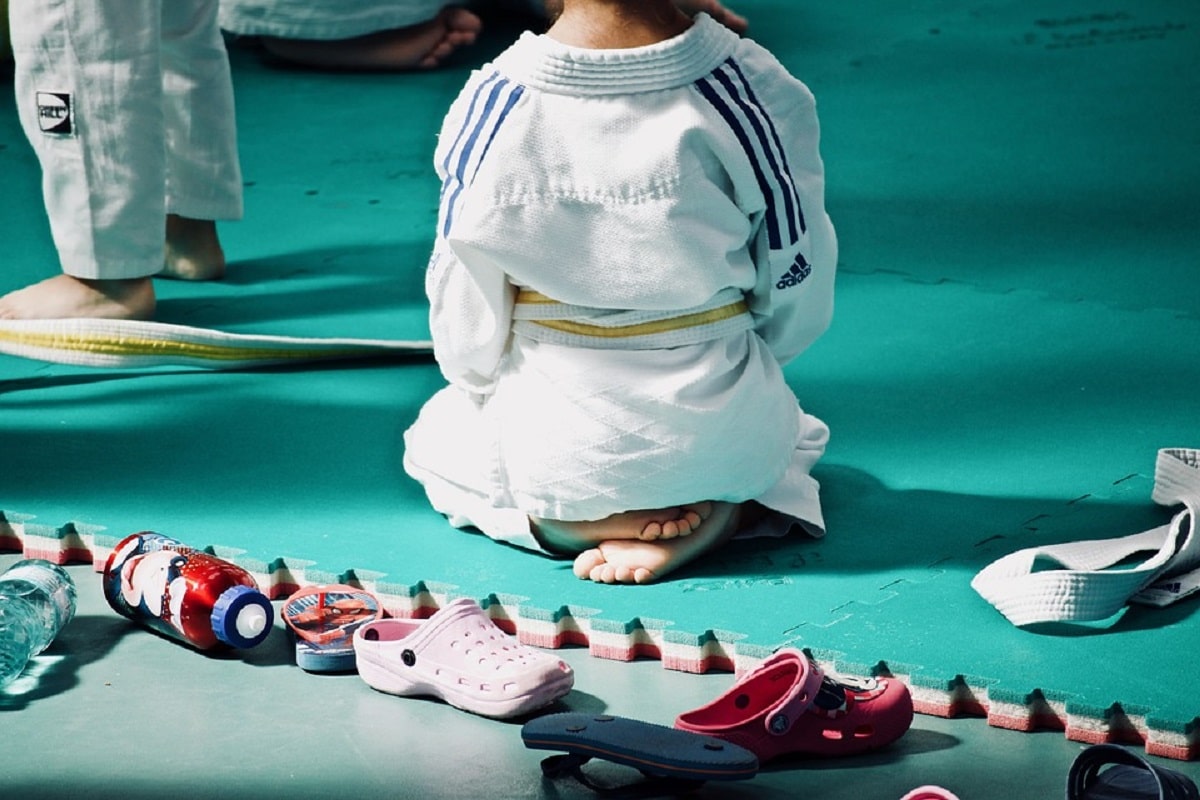
When it comes time to enroll children for the following school year, there are also doubts about whether they should or not do more activities in addition to those required by your age. We refer to complementary or extracurricular activities, which although they tend to think that they are the same, there are differences between them.
Complementary and extracurricular activities
Complementary activities are those that are designed to complete the academic curriculum established by the educational center itself. These are activities related to the subjects themselves dealt with at the center. They are carried out within the school hours and in which the teacher of the class participates, either to coordinate the group or to teach the workshop itself.

As for extracurricular activities, the difference is notable. These are activities that take place outside of school hours and in this case they are not considered essential. That is, the minimum training that students must receive would not be affected if they did not carry out any of these extracurricular activities. On the other hand, they are voluntary and free-choice activities within the possibilities that each school will offer each year.
They also do not count when evaluating children's learning, since they are not part of the academic curriculum as in the case of complementary activities. Therefore, they are activities that help children learn other areas that are important for their development, but in no way influence their learning at school.
Is it good for children to do extracurricular activities?
Extracurricular activities offered by educational centers, are usually focused on physical development. Generally, these are activities related to sports such as soccer, judo or basketball. In recent years, other types of activities such as theater or different types of dance have also been promoted. Which are activities that help children to improve their shyness and body expression, among others.
All of them are activities that provide different benefits for the development of children. They interact with other children outside of the academic environment, they learn to express themselves, develop their creativity and practice physical activity. Therefore, it is important that children do extracurricular activities, as long as it seems like a good idea to them. If your child shows interest in any of those workshops that are taught outside of class, do not hesitate to offer him the tools at your fingertips so that he can develop those activities.
Never out of obligation

What is essential is not to lose perspective, or trying to force your child to do an after-school activity just because you love it. Somehow, parents tend to pour out their childhood frustrations on their children. So, they are forced to practice certain sports or disciplines that they neither like, are not interested in, nor do they feel good about.
On the contrary, that you pour in your child so many expectations It only creates anxiety and concern to make you happy, to do something well that he does not even like. If your child is going to do an after-school activity, try to make it one that really interests you, to at least try for some time. Children must try different things to find something that they are really passionate about, let them find their own hobbies.
Remember that extracurricular activities take place outside of school hours, that is, it is time added to your daily obligations. If it is not something that they really like, you will be adding an extra work to an already very full day and that perhaps that activity takes away time to dedicate to other things that are really more necessary. Talk to your child to discover what their passions and interests are and thus, you can assess whether it is really worth looking for a place for that activity. Since in addition, These are limited places that other children who are really interested can lose.